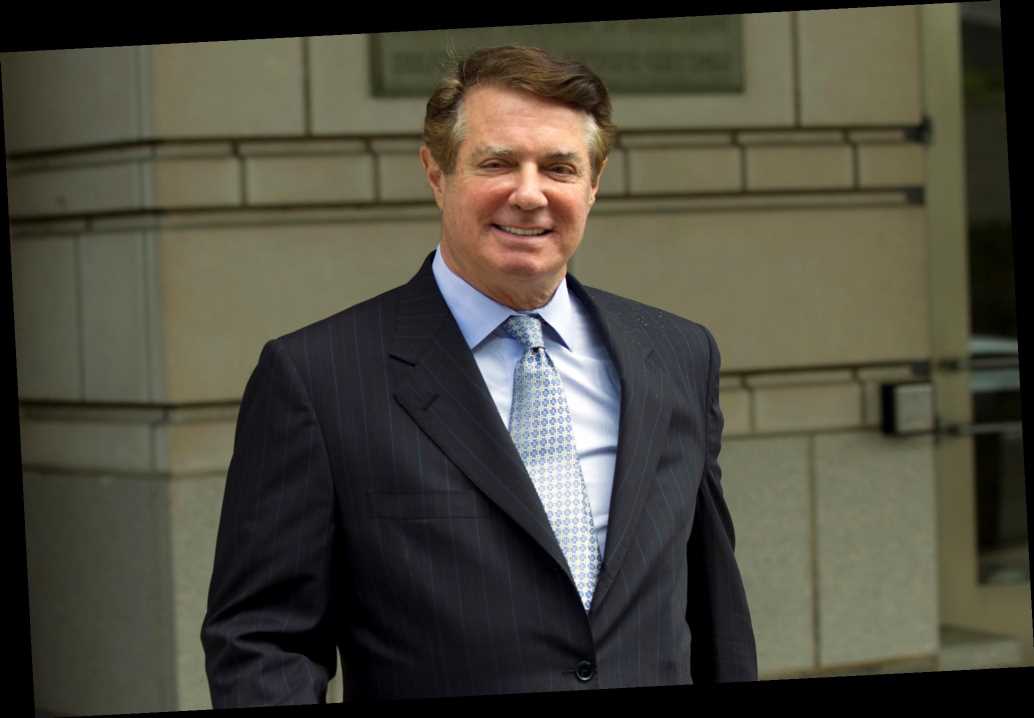A longtime associate of President Trump’s 2016 campaign chairman may have been involved in the release of Democratic emails during the 2016 presidential campaign, according to a Senate Intelligence Committee report released Tuesday.
The bipartisan findings unequivocally describe Konstantin Kilimnik as a Russian intelligence officer and are the furthest that US officials have gone in calling him an agent of the Kremlin, news accounts said.
The committee report points to “some evidence” that ties Kilimnik to the disclosure by WikiLeaks of
Democratic emails hacked by Russian military officers ahead of the 2016 election, according to The Associated Press.
The report doesn’t detail that alleged evidence, AP said.
Kilimnik has longstanding ties to former Trump campaign chairman Paul Manafort, a veteran Republican strategist who was convicted of tax evasion, unregistered lobbying for foreign entities and other crimes in 2018 as part of then-special counsel Robert Mueller’s probe of Russian meddling in the election.
Manafort was released from prison in May due to the coronavirus pandemic.
The Republican-led panel also alleges that Manafort collaborated before and after the election with other Russians, including oligarch Oleg Deripaska, Reuters said.
Manafort’s “high-level access and willingness to share information with individuals closely affiliated with the Russian intelligence services…represented a grave counterintelligence threat,” the report says.
The report also says that “two pieces of information” raise the possibility that Manafort was connected to the hack and release of the Democratic emails, but the information that follows that assertion is blacked out, according to AP.
A Manafort lawyer, Kevin Downing, told AP that information sealed at the request of Mueller’s team “completely refutes whatever the intelligence committee is trying to surmise.”
“It just looks like complete conjecture,” Downing added.
The report also says that WikiLeaks likely knew it was helping Russian intelligence when it released the hacked emails hacked from the Democratic National Committee and the personal account of John Podesta, Hillary Clinton’s 2016 presidential campaign chairman, according to Reuters.
Share this article:
Source: Read Full Article
